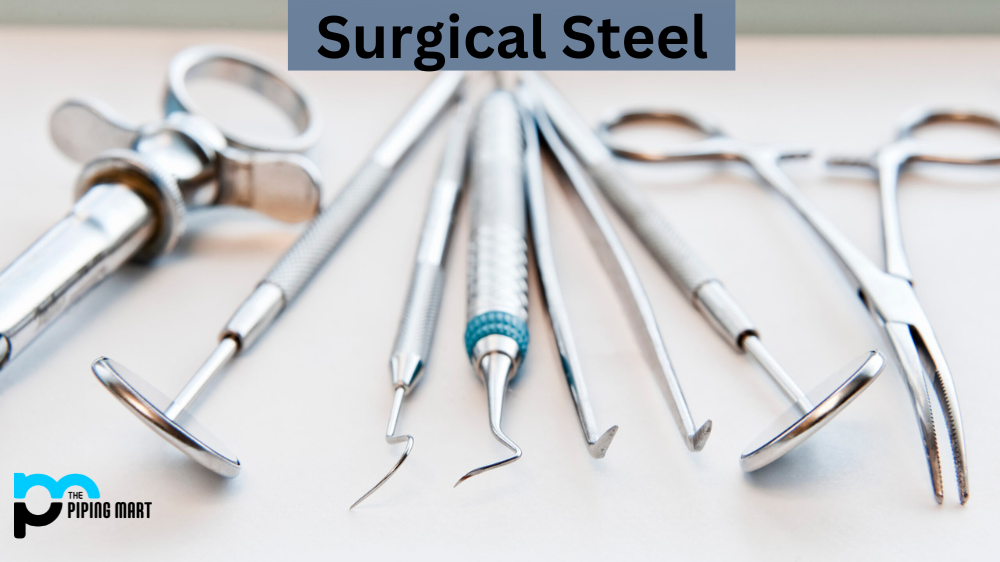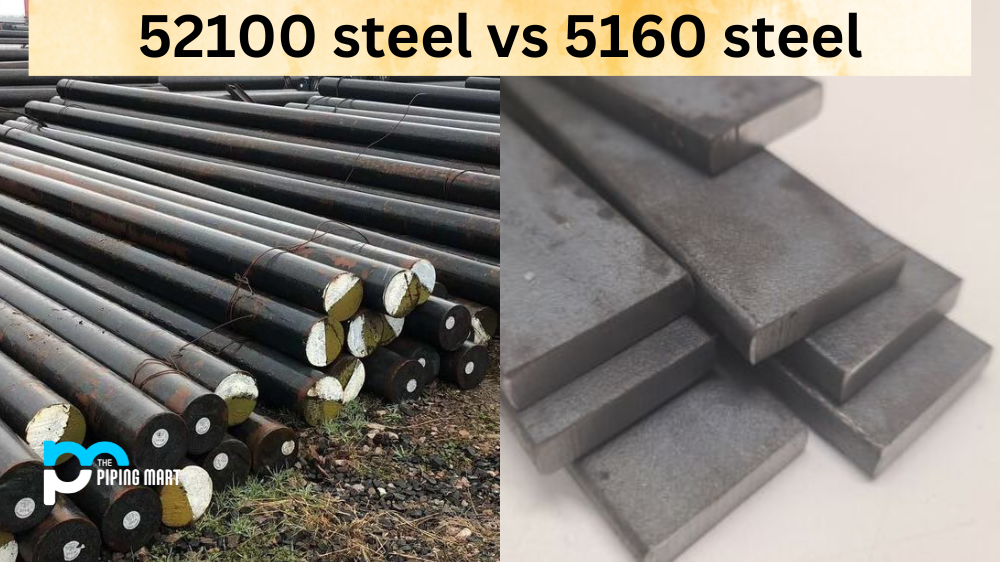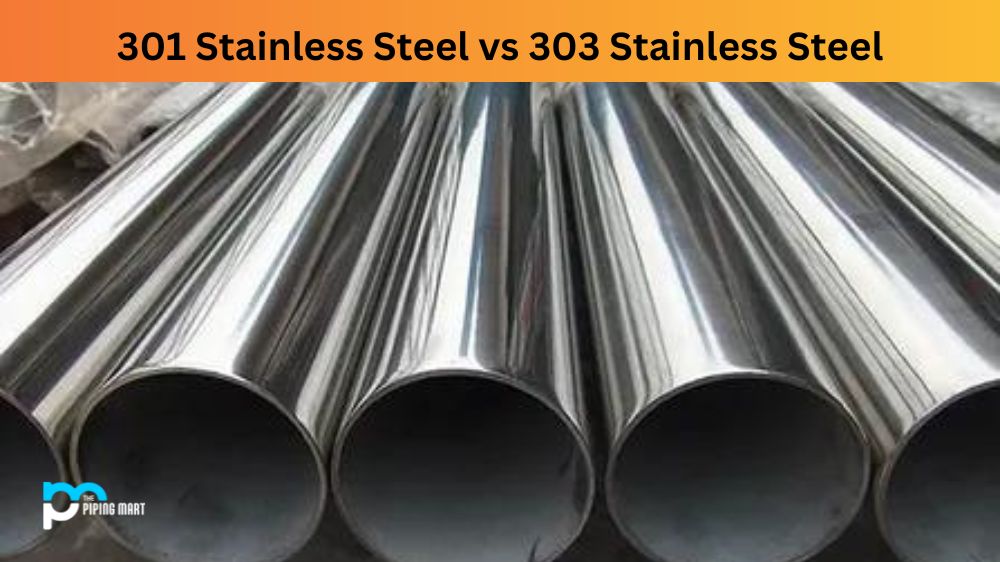Surgical steel is a popular material used in many medical instruments and devices, as it is corrosion-resistant and hypoallergenic. But what are the advantages and disadvantages of surgical steel? In this article, we’ll look at the benefits and drawbacks of using surgical steel, so you can make an informed decision when choosing the right material for your next medical instrument or device.
5 Advantages of Surgical Steel
One of the main advantages of surgical steel is its durability. Since it is highly resistant to corrosion, it can last for many years with minimal maintenance. Plus, due to its anti-corrosive nature, it does not require heavy metals or other forms of protection when exposed to moisture or water. Additionally, since stainless steel is non-toxic and hypoallergenic, it makes an excellent choice for medical instruments that come into contact with the skin or body fluids.
Another advantage of surgical steel is its strength and flexibility. This makes it ideal for creating complex shapes that need to be strong yet light in weight. It also allows for intricate details like hollows, curves, bumps, and more that add aesthetic value to any medical instrument or device. Finally, surgical steel is relatively easy to work with due to its low melting point (1450°F), making it easier and less costly than other metals like titanium or aluminum alloys during production.
- Surgical steel is a type of stainless steel that is used in medical implants and devices.
- Surgical steel is extremely strong and durable, making it ideal for use in medical implants and devices.
- Surgical steel is also resistant to corrosion, making it ideal for use in medical implants and devices.
- Surgical steel is also hypoallergenic, making it ideal for use in medical implants and devices.
- Surgical steel is also easy to clean and sterilize, making it ideal for use in medical implants and devices
5 Disadvantages of Surgical Steel
The main disadvantage of surgical stainless steel is its cost compared to other materials such as titanium or plastic. Even though surgical stainless steel has a longer lifespan than other materials due to its superior corrosion resistance properties, it still costs more upfront than alternatives like plastic or titanium alloys. Additionally, while stainless steel provides superior strength compared to other materials like plastic, it may not be suitable for some applications where extreme strength is required due to its low tensile strength rating (around 550MPa). Lastly, since stainless steel weighs more than plastics or aluminum alloys, this could be a consideration when selecting the right material for certain medical instruments or devices where weight can be an issue during use.
- Surgical steel can cause skin reactions in some people.
- Surgical steel may contain nickel, which can cause allergic reactions in some people.
- Surgical steel is not as strong as other metals, such as titanium, and may break if it is bent or twisted.
- Surgical steel can corrode if it is exposed to water or sweat for extended periods of time.
- Surgical steel jewelry may be more expensive than other types of jewelry
Conclusion
Surgical stainless steel has become a popular material used in many medical instruments and devices due to its superior corrosion resistance properties and hypoallergenic nature. While there are several advantages associated with using surgical stainless steel, such as increased durability and flexibility as well as intricate details that can be achieved through production processes, there are also some disadvantages associated with this material, including cost concerns and lower tensile strengths compared to other materials like titanium alloys or plastics. When selecting the right material for your next medical instrument or device, consider both the benefits as well as drawbacks of using surgical stainless steel before making your final decision.
Sakshee is a talented blogger, with a particular focus on the Business and Metal Industry. She is passionate about sharing her insights on various metal products and helping professionals to make a better decisions.




